Top war movies to watch
Explore some of the most impactful war films ever made. These movies capture the intensity and human cost of conflict across different eras. Prepare for a look at cinema's powerful portrayal of war.
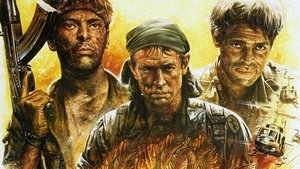
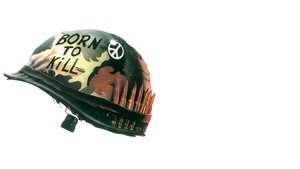

War movies hold a unique and often challenging place in cinema. They transport us to the front lines of human conflict, from ancient battlefields to modern combat zones, forcing us to confront the brutal realities, immense sacrifices, and profound psychological toll of war.
This genre isn't just about action sequences; it's frequently a deep dive into the human condition under unimaginable pressure. Films in this category often strive for historical accuracy, like the harrowing D-Day landing depicted in Saving Private Ryan, which redefined on-screen realism for many viewers. Others, like the surreal journey of Apocalypse Now or the intense psychological study in The Deer Hunter, use war as a backdrop to explore the darkest corners of the human psyche and the long-lasting scars left by conflict.
Whether depicting the strategic complexities, the moments of extraordinary heroism, or the sheer chaos and tragedy of battle, these films serve as powerful historical reflections and moving human dramas. They remind us of the courage, fear, and resilience displayed by individuals caught in global conflicts throughout history.
14. Pearl Harbor (2001)
Michael Bay's Pearl Harbor blends a historical war event with a sweeping romantic drama. The film depicts the events leading up to and including the infamous 1941 attack on Pearl Harbor, focusing on a love triangle between two best friends who are pilots and a nurse. While the romantic storyline takes center stage for much of the film, the depiction of the attack itself is a massive, effects-driven sequence showcasing the chaos and destruction of that day. The film is a large-scale spectacle, characteristic of Bay's style, offering a dramatic interpretation of a pivotal moment that drew the United States into World War II.
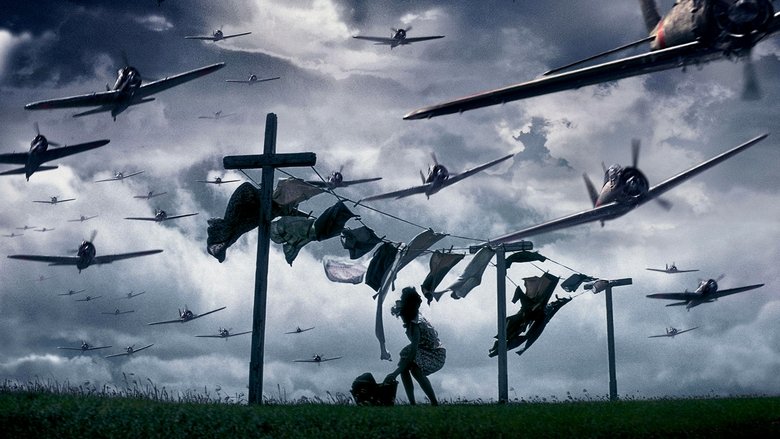
13. Braveheart (1995)
Mel Gibson's Braveheart is a passionate and epic portrayal of Scottish warrior William Wallace's fight for independence against English rule. While taking significant historical liberties, the film is renowned for its large-scale, bloody battle scenes that depict the visceral nature of medieval combat. Gibson directed and starred in the film, which won five Academy Awards, including Best Picture. It's a stirring tale of freedom and sacrifice, driven by Gibson's fiery performance and capturing the spirit of rebellion, even if it leans more towards historical adventure than pure war realism.
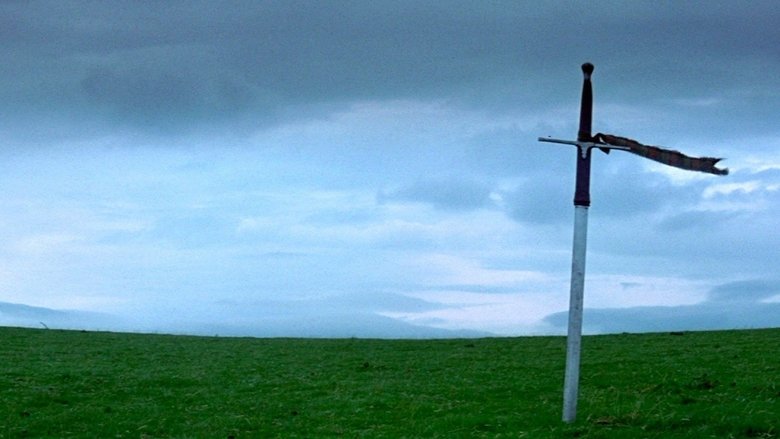
12. Gladiator (2000)
Ridley Scott's Gladiator is a sweeping historical epic that, while not solely focused on the experience of war, features some truly spectacular and brutal battle sequences. The film follows Maximus Decimus Meridius, a Roman general betrayed and forced into slavery, who rises through the ranks of the gladiatorial arena to seek vengeance. The opening battle scene in the Germanic forests is particularly intense and showcases the chaos and violence of ancient warfare. While its core is a revenge story, the film provides a compelling look at the Roman military machine and the brutal entertainment of the Coliseum, earning it the Academy Award for Best Picture and revitalizing the historical epic genre.

11. Fury (2014)
Set in the final weeks of World War II in Europe, Fury puts you inside a Sherman tank named 'Fury' with its battle-hardened crew led by Brad Pitt. The film offers a gritty, claustrophobic, and brutal look at tank warfare and the psychological toll it takes on the men who live and fight in these metal beasts. Director David Ayer, who has military experience, aimed for a high degree of authenticity, using real period tanks (including the only operational Tiger I tank in the world at the time of filming) and putting the cast through intensive training. It's a visceral and unflinching portrayal of brotherhood and survival in the face of overwhelming odds.
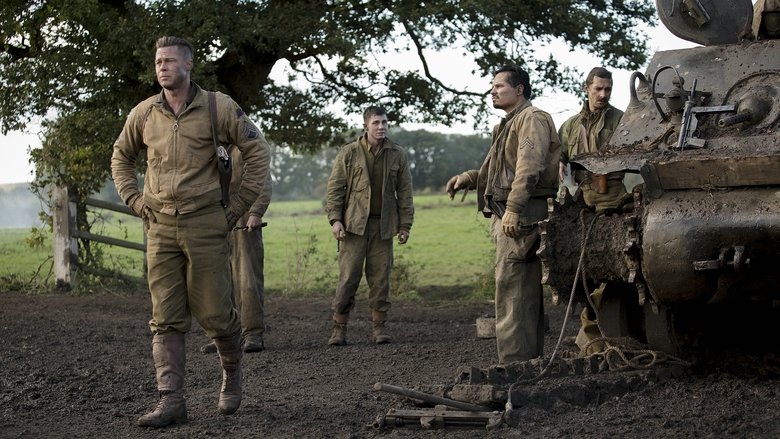
10. The Deer Hunter (1978)
Michael Cimino's The Deer Hunter is an epic, sprawling drama that examines the impact of the Vietnam War on a small industrial town in Pennsylvania and the lives of three steelworker friends. Famous for its controversial and intense Russian roulette scenes (which were fictionalized but became iconic), the film is a powerful character study that explores themes of trauma, patriotism, and the bonds of friendship shattered by conflict. The film won five Academy Awards, including Best Picture and Best Director, and features incredible performances from Robert De Niro, Christopher Walken (who won an Oscar), and John Savage. It's a long and emotionally draining film, but its exploration of how war ripples through civilian life makes it a significant entry in the genre.
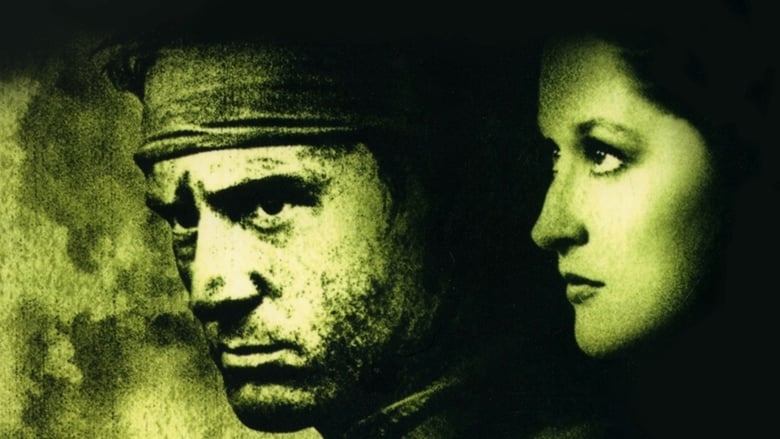
9. The Thin Red Line (1998)
Terrence Malick's return to filmmaking after a long hiatus, The Thin Red Line, is less about plot and more about mood, philosophy, and the inner thoughts of soldiers during the Battle of Guadalcanal in World War II. Based on James Jones' novel, the film features a sprawling ensemble cast and stunning, contemplative cinematography that contrasts the brutality of combat with the serene beauty of nature. Malick's unique style incorporates voiceovers that delve into the characters' existential ponderings about life, death, and the nature of war. While not a traditional war epic, it offers a deeply introspective and poetic exploration of the human spirit under duress, making it a distinct and thought-provoking entry in the genre.

8. Letters from Iwo Jima (2006)
Clint Eastwood's Letters from Iwo Jima offers a rare and crucial perspective on World War II – that of the Japanese soldiers defending the island of Iwo Jima. Filmed concurrently with his companion film Flags of Our Fathers, which told the American side, this movie is entirely in Japanese and focuses on the human cost of war for those on the other side of the battlefield. It's a poignant and often heartbreaking look at duty, sacrifice, and the final days of a desperate defense, based on the actual letters written by the soldiers. Ken Watanabe gives a powerful central performance as General Kuribayashi, portraying him not as a monster but as a complex leader trying to protect his men and his homeland. It's an essential film for understanding the full scope of the Pacific theater.

7. Black Hawk Down (2001)
Ridley Scott's Black Hawk Down is a relentless, action-packed portrayal of the 1993 Battle of Mogadishu. Based on Mark Bowden's book, the film depicts the harrowing mission where U.S. soldiers faced overwhelming opposition after a routine operation went terribly wrong. The movie is known for its intense realism and chaotic battle sequences, throwing the audience directly into the confusion and danger of urban warfare. Scott and cinematographer Sławomir Idziak used handheld cameras and desaturated colors to create a gritty, immediate feel. While it faced some criticism for historical accuracy and political context, it remains a powerful and visceral depiction of modern combat and the courage of the soldiers involved.
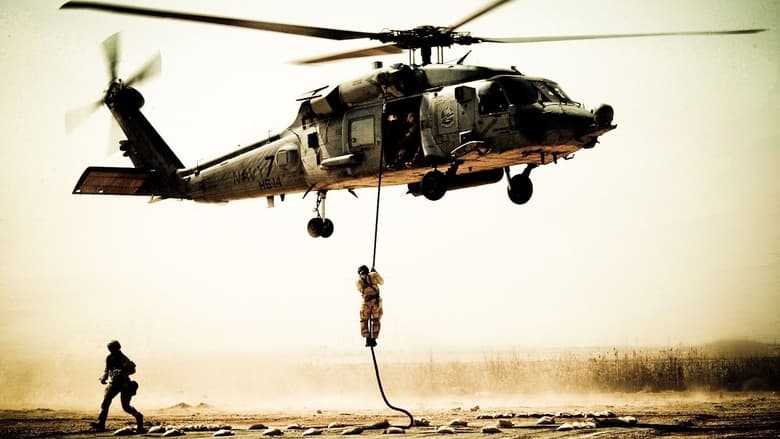
6. Dunkirk (2017)
Christopher Nolan tackled the incredible true story of the Dunkirk evacuation in his signature non-linear style, presenting the events from three perspectives: the land (the Mole), the sea (the boats), and the air (the pilots). Nolan opted for minimal dialogue and relied heavily on Hans Zimmer's pulse-pounding, ticking-clock score and stunning visuals captured on IMAX film to create an immersive sense of dread and urgency. The film focuses on the experience of survival and the collective effort, rather than individual heroism, portraying the desperation and hope of hundreds of thousands of Allied soldiers trapped on a beach. It's a technically brilliant and intense depiction of a pivotal moment in World War II.
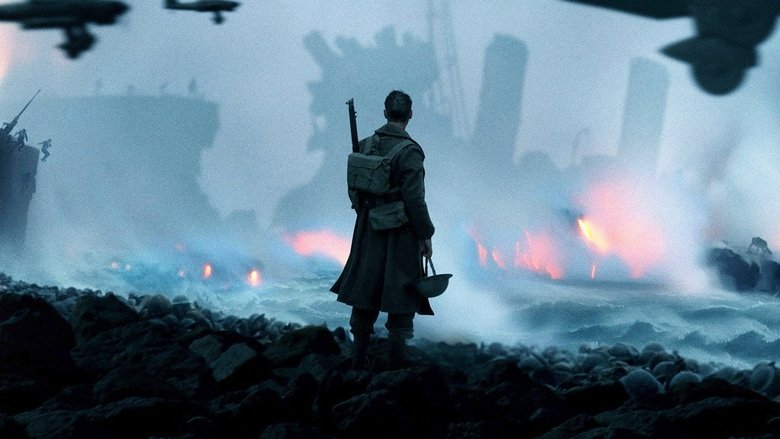
5. The Hurt Locker (2008)
Kathryn Bigelow's The Hurt Locker offers a taut, suspenseful, and intimate look at the Iraq War through the eyes of an EOD (Explosive Ordnance Disposal) team. Rather than focusing on grand strategy or political commentary, the film excels at depicting the sheer tension and psychological strain of disarming bombs in a hostile environment. Jeremy Renner delivers a captivating performance as Sergeant First Class William James, a thrill-seeking leader seemingly addicted to the adrenaline and danger of his job. The film was praised for its realistic portrayal of the EOD process and won the Academy Award for Best Picture, making Bigelow the first woman to win Best Director. It's a masterclass in building suspense and exploring the complex motivations of soldiers in a modern conflict.
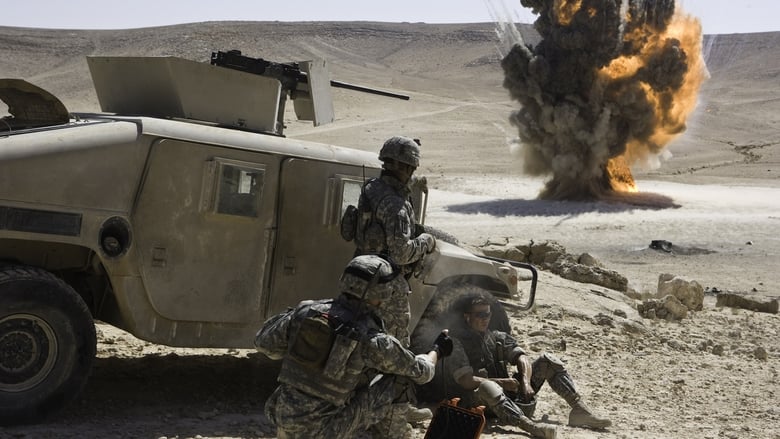
4. Full Metal Jacket (1987)
Stanley Kubrick's unique take on the Vietnam War, Full Metal Jacket, is divided into two distinct halves: the brutal, dehumanizing boot camp training under the unforgettable R. Lee Ermey (a former drill sergeant who was initially hired only as a technical advisor but impressed Kubrick so much he was cast) and the chaotic, existential experience of combat in Vietnam. Kubrick famously recreated the Vietnamese city of Hue using a derelict gasworks in London, emphasizing the artificiality and absurdity of war fought in a foreign land. The film uses dark humor and stark visuals to explore themes of identity, conformity, and the psychological impact of military conditioning. It's a chillingly effective and darkly comedic look at the making of a soldier.

3. Platoon (1986)
Oliver Stone, a Vietnam veteran himself, brought a raw, personal, and unflinching perspective to the screen with Platoon. Winning the Academy Award for Best Picture, this film stands out for its gritty realism and moral complexity, depicting the internal conflicts and moral decay within a single platoon. Stone deliberately avoided Hollywood backlots, filming in the Philippines under challenging conditions to make the experience as authentic as possible for the cast. Charlie Sheen's character serves as the audience's proxy, a young recruit whose idealism is slowly eroded by the brutal realities of jungle warfare and the clash between two sergeants representing opposing ideologies (played brilliantly by Tom Berenger and Willem Dafoe). It's a powerful, seminal work that remains one of the most impactful films about the Vietnam War.

2. Apocalypse Now (1979)
Francis Ford Coppola's Apocalypse Now is less a traditional war movie and more a descent into the heart of darkness, a surreal and hallucinatory journey upriver during the Vietnam War. Inspired by Joseph Conrad's novella, the film is infamous for its troubled production, which included typhoons, a lead actor having a heart attack, and Marlon Brando showing up overweight and unprepared. The chaos behind the scenes arguably mirrored the film's themes of madness and the breakdown of order. The cinematography by Vittorio Storaro is breathtaking, creating an unsettling and dreamlike atmosphere that perfectly complements the film's philosophical exploration of war's psychological toll. It's an epic, mind-bending masterpiece that challenges conventional storytelling.

1. Saving Private Ryan (1998)
Prepare yourself for an absolutely visceral experience with Steven Spielberg's Saving Private Ryan. The opening 25 minutes depicting the D-Day landing on Omaha Beach are legendary for their unflinching realism and intensity. Spielberg famously used techniques like removing the coating from camera lenses and syncing the shutter with motion to create a sense of chaos and documentary-style grit. Many veterans praised its accuracy, stating it was the closest any film had come to capturing the true horror and confusion of combat. It's not just about the battles, though; the film explores the human cost of war and the difficult ethical choices soldiers face. Did you know that the production team brought in a technical advisor, retired Marine Captain Dale Dye, who put the actors through a rigorous boot camp to prepare them for their roles? This dedication to authenticity truly shines through in every frame.

